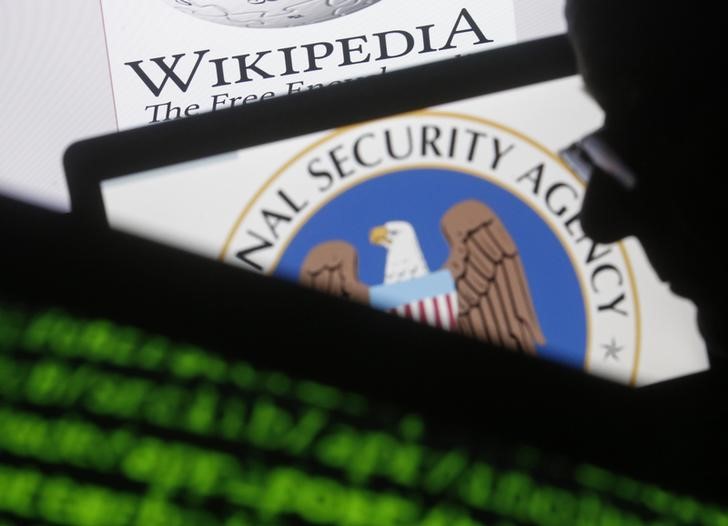PARIS (Reuters) - The U.S. National Security Agency wiretapped the communications of two successive French finance ministers and collected information on French export contracts, trade and budget talks, according to a report by WikiLeaks.
The transparency website said the ministers targeted were Francois Baroin and Pierre Moscovici, who between them headed the finance ministry from 2011 to 2014.
The allegations, published jointly with newspaper Liberation and online outlet Mediapart, came a week after Wikileaks reported that the NSA had spied on three French presidents from at least 2006 to May 2012, prompting the government to protest to Washington that such behaviour between allies was unacceptable.
Wikileaks said that in one document dating from 2002 and renewed in 2012, the NSA asked intelligence services from Australia, the United Kingdom, Canada, and New Zealand to collect information on proposed French export contracts worth more than $200 million in sectors including telecoms, electricity, nuclear energy, transport, and health.
No specific French companies were named in the Wikileaks documents.
Another leaked document showed a summary of a phone call between Moscovici, who now serves as Economics Commissioner for the European Union, and a Socialist senator, in which they discussed the poor state of the French economy and ongoing budget negotiations.
In a tweet on June 24 when the alleged NSA spying on French presidents was revealed, Moscovici said he would be shocked if he had been subject to such surveillance and would demand an explanation from the American authorities. "Unacceptable between allies and friends," he tweeted.
A spokesman for France's foreign ministry declined to comment on Monday.
In Washington, the NSA and Office of the Director of National Intelligence would not comment on the specifics of the latest Wikileaks documents.
U.S. intelligence officials have repeatedly asserted that the United States does not carry out electronic surveillance for commercial gain.
While the United States collects intelligence about economic and financial matters, "What we do not do, as we have said many times, is use our foreign intelligence capabilities to steal the trade secrets of foreign companies on behalf of - or give intelligence we collect to - US companies to enhance their international competitiveness or increase their bottom line," Director of National Intelligence James Clapper said in September 2013.

Some U.S. and European security sources have expressed concern that the latest sensitive documents may have been supplied to Wikileaks by a previously unknown source, and not by former NSA contractor Edward Snowden. Snowden took refuge in Russia after releasing tens of thousands of classified U.S. intelligence documents in 2013.